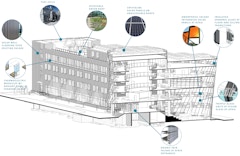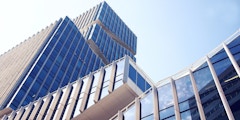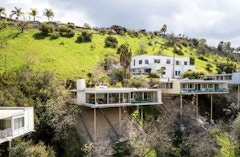
High Performance: Who Benefits?
I recently started studying Sustainable Environmental Systems at Pratt Institute. One of my classes focused on climate change and its social effects across the world. I started to connect the dots backward and question the impact of our work in facades and fenestration on our local communities.











